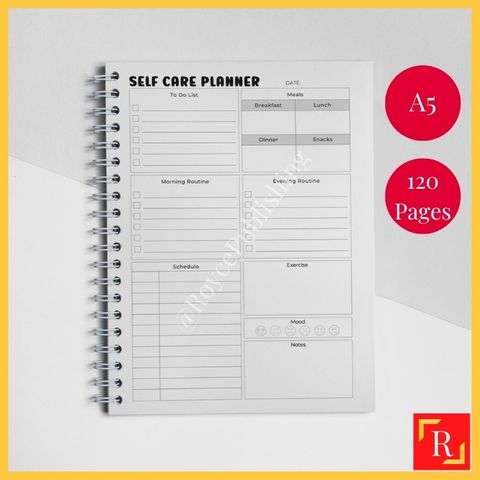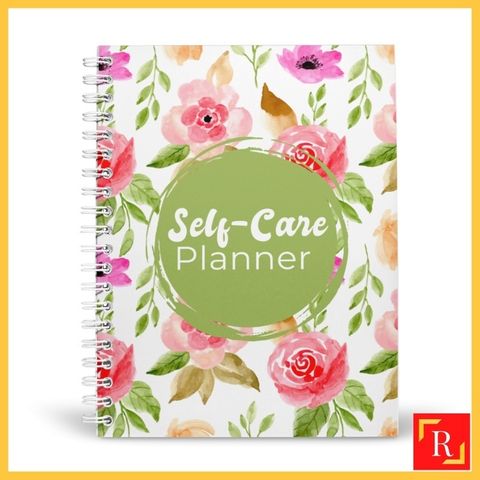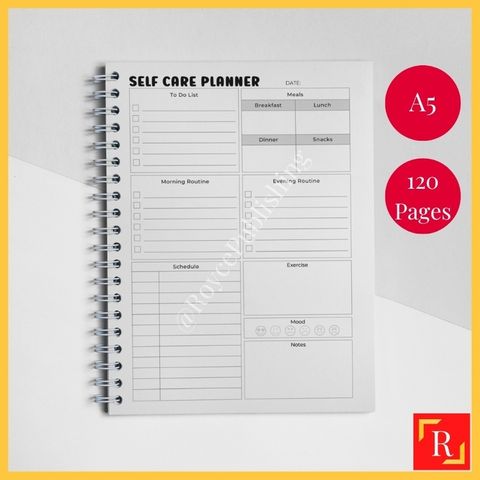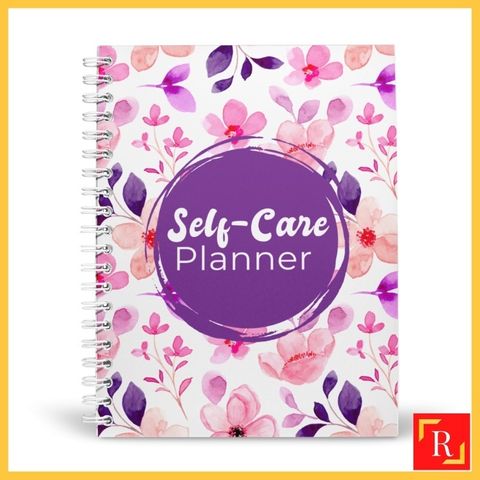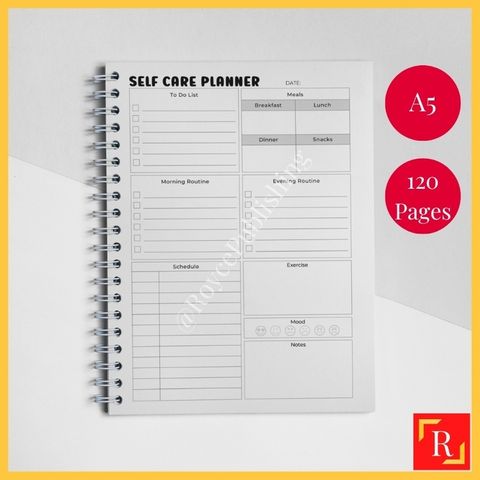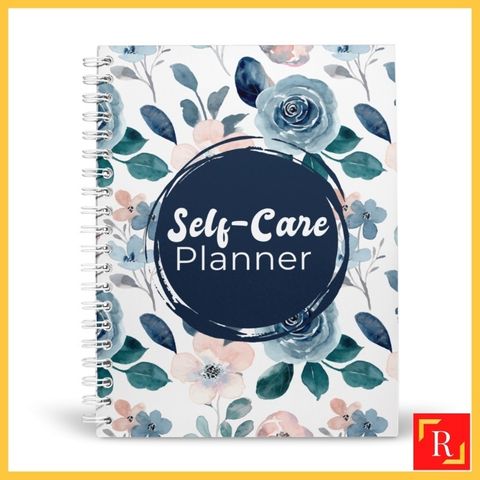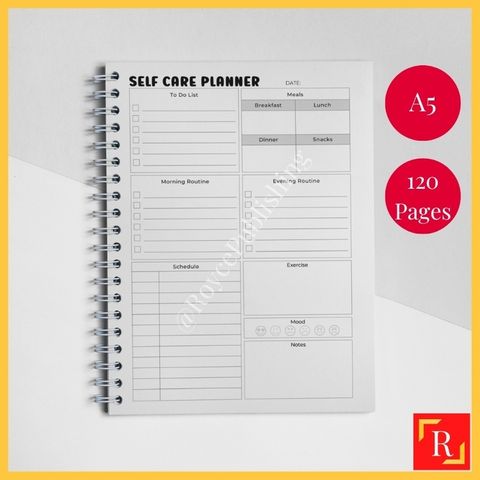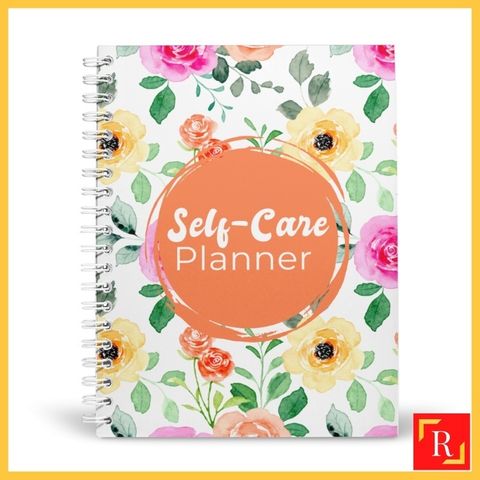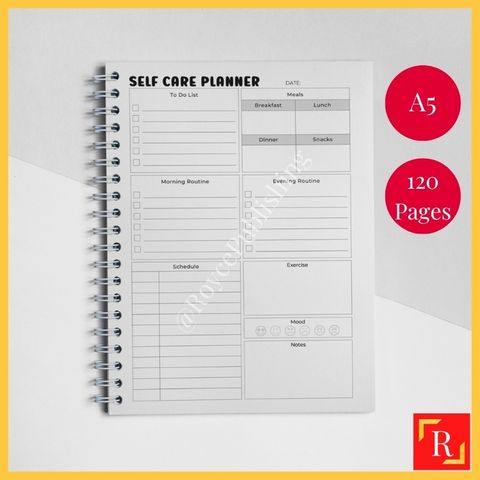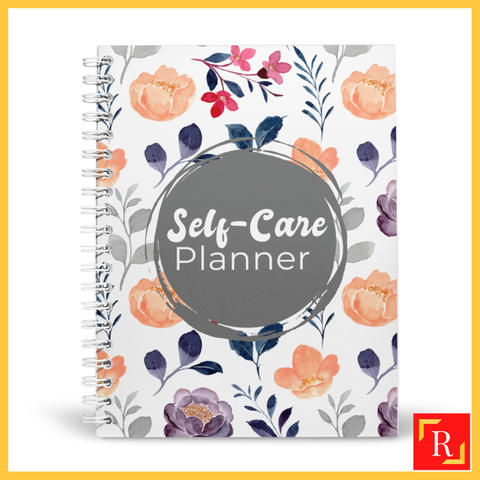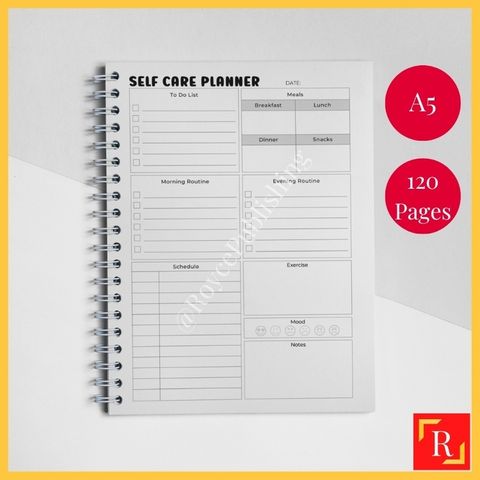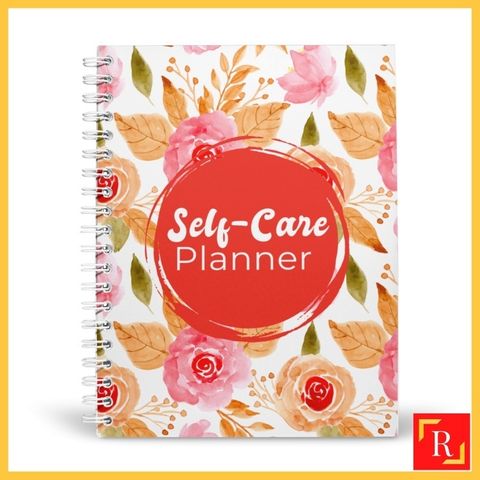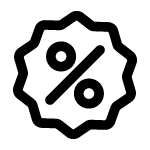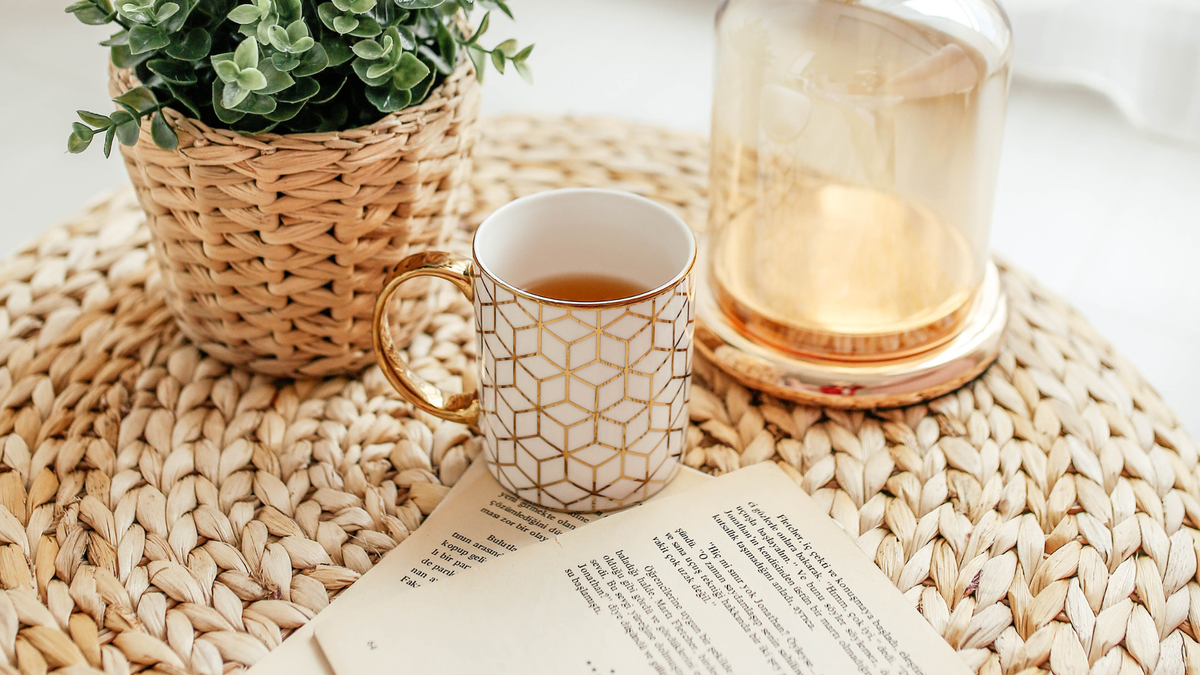
Self-care has become a buzzword in recent years, as more and more people are recognizing the importance of taking care of their mental, emotional, and physical well-being. One powerful tool that can help in this process is journaling.
Journaling has long been recognized as a way to explore one's thoughts and feelings, but it can also be used as a tool for self-care. By creating a self-care routine that includes journaling, individuals can develop a deeper understanding of themselves, their needs, and their goals.
In this article, we will explore the benefits of journaling for self-care, and provide practical tips for creating a self-care routine that incorporates journaling. We will discuss how to set goals and intentions for your self-care routine, find the right time and place to journal, and explore different journaling techniques and prompts.
Additionally, we will offer suggestions for incorporating other self-care practices into your routine, such as meditation, exercise, and social connection. Whether you are new to journaling or a seasoned pro, this article will provide you with the tools you need to create a self-care routine that supports your overall well-being.
Understanding the Benefits of Journaling for Self-Care
The practice of journaling has been shown to have several benefits for self-care, including improved emotional regulation, increased self-awareness, and reduced stress levels.
Journaling techniques such as expressive writing can be particularly effective in helping individuals process and manage their emotions. By writing down their thoughts and feelings, individuals can gain clarity and perspective on their experiences, which can help them to better understand themselves and their reactions to different situations.
In addition to its mental health benefits, journaling can also be a practical tool for self-care. By setting aside time to write in a journal, individuals can prioritize their own needs and make space for self-reflection.
This can be especially valuable for those who tend to prioritize the needs of others over their own. By taking the time to check in with themselves and reflect on their experiences, individuals can cultivate a greater sense of self-awareness and self-compassion, which can ultimately lead to improved well-being and a more fulfilling life.
Setting Goals and Intentions for Your Self-Care Routine
To establish a successful self-care practice, it is essential to establish clear goals and intentions that align with your personal values and needs. Here are a few steps to help you set your self-care goals and intentions:
Identify your values: Think about what is important to you, what brings you joy and fulfillment. This will help you determine what activities and practices are most meaningful to you and will guide you in setting goals that align with those values.
Set specific, measurable goals: Instead of setting vague goals like 'exercise more' or 'be less stressed,' set specific, measurable goals like 'go for a 30-minute walk three times a week' or 'practice meditation for 10 minutes each morning.' This will help you track your progress and see how you are improving over time.
Create a plan: Once you have set your goals, create a plan for how you will achieve them. Break down larger goals into smaller, manageable steps and create a schedule or routine that will help you stay on track.
Find support: Having accountability buddies or a support system can be incredibly helpful when it comes to sticking to your self-care routine. Consider joining a group or finding a friend who is also working on self-care goals, and check in with each other regularly.
By setting clear goals and intentions, creating a plan, and finding support, you will be better able to establish a self-care routine that is sustainable and effective. Remember to track your progress and adjust your goals as needed, and don't be afraid to ask for help or support when you need it.
Finding the Right Time and Place to Journal
Optimizing the effectiveness of journaling can involve identifying the appropriate time and location for the activity, such as choosing a quiet environment during a time when one is most mentally alert and focused. For instance, some individuals may find that journaling first thing in the morning sets the tone for their day, allowing them to clear their minds and prioritize their thoughts. On the other hand, others may prefer to journal in the evening as a way to reflect on their day and unwind before bed.
Additionally, where one journals can also impact the quality of their writing and reflection. Some individuals may find that they are most comfortable journaling at home, where they can relax and fully express themselves without fear of interruption or judgment. On the other hand, others may find that being outdoors in nature provides a sense of clarity and perspective that enhances their writing.
Exploring Different Journaling Techniques and Prompts
Exploring various techniques and prompts can enhance the depth and breadth of one's journaling practice. Among the most popular techniques is the Stream of Consciousness method. This technique involves writing down one's thoughts in a continuous flow without stopping to edit or judge. The goal is to allow one's subconscious to express itself freely and uncover hidden emotions or thoughts.
Another popular technique is Gratitude Journaling, where one writes down things that they are grateful for each day. This practice has been shown to improve mood and increase overall happiness.
In addition to these techniques, there are also various types of journaling that can be practiced. Bullet Journaling is a method that involves using short, concise bullet points to record daily tasks, events, and goals. This method is particularly helpful for those who struggle with organization and time management.
Art Journaling involves incorporating creative elements into one's journal, such as drawings, paintings, or collages. This method allows for self-expression through art and can be a therapeutic way to process emotions.
By exploring different techniques and types of journaling, individuals can create a personalized self-care routine that fits their unique needs and preferences.
Incorporating Other Self-Care Practices into Your Routine
One way to expand the scope of one's personal wellness regimen is by integrating additional forms of self-care beyond the practice of journaling. Mindful movement like yoga or tai chi can help improve physical health, reduce stress, and increase mindfulness. Exercise, in general, can boost mood, reduce anxiety, and improve sleep patterns. Creative expression through art, music, or writing can also be a form of self-care that helps to reduce stress and increase feelings of well-being.
Healthy eating is also an essential component of self-care. A balanced and nutritious diet can help to reduce inflammation, improve gut health, and provide the necessary nutrients for overall physical and mental health. Digital detox is also an essential part of self-care. Technology can be a source of stress and anxiety, and taking time away from screens can help to reduce mental fatigue and increase mindfulness.
By incorporating these practices into a self-care routine, individuals can create a more comprehensive approach to personal wellness and improve their overall quality of life.
Conclusion
In conclusion, journaling can be a valuable tool to incorporate into a self-care routine. It provides an opportunity to reflect on your thoughts and emotions, set intentions, and explore different techniques and prompts. It can be done at any time and in any place that feels comfortable for you.
To make journaling a regular practice, it is important to set goals and intentions for your self-care routine. This can involve finding the right time and place to journal, as well as incorporating other self-care practices into your routine.
By exploring different journaling techniques and prompts, you can create a personalized self-care routine that is both informative and practical. With consistency and dedication, journaling can become a powerful tool for promoting self-care and well-being.

